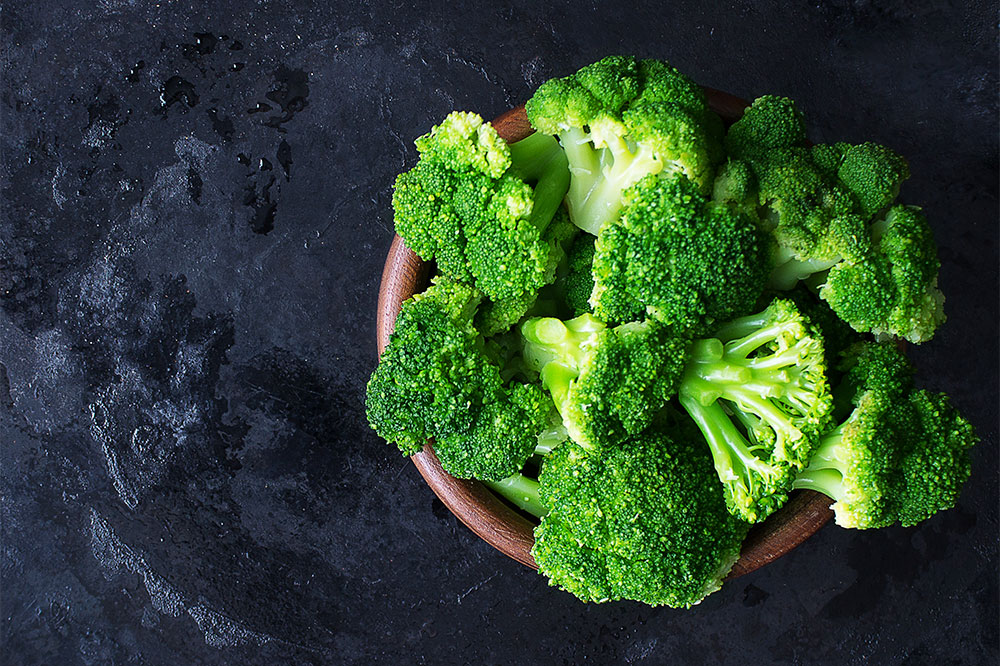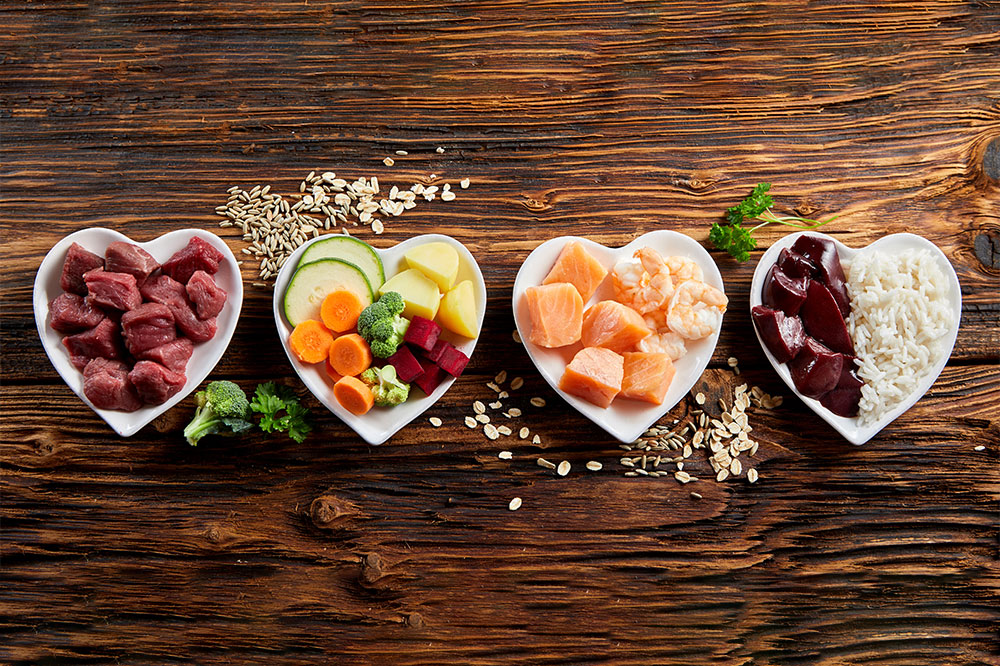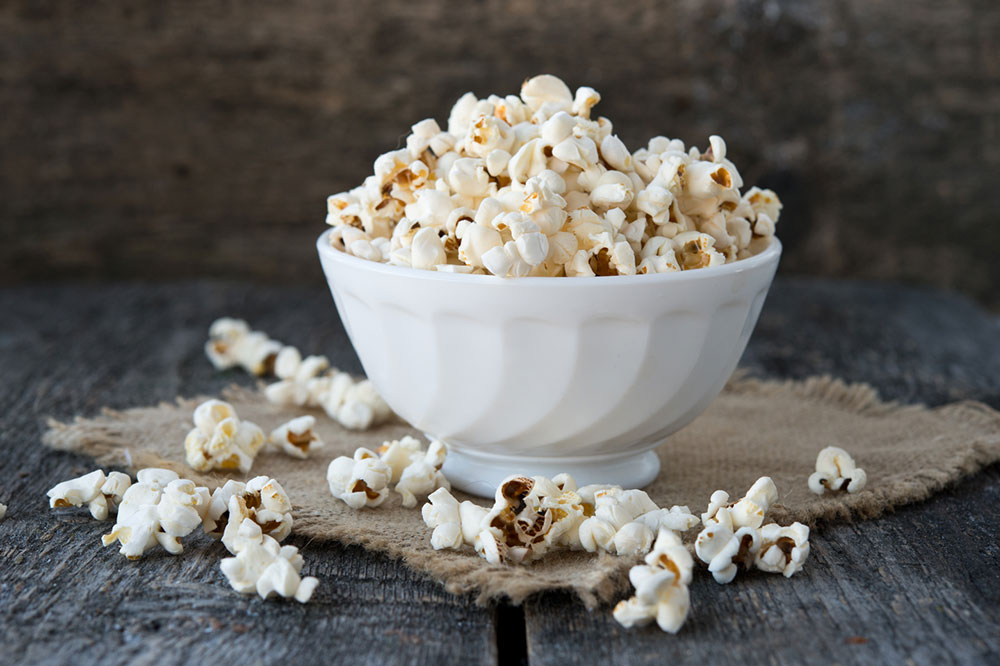Foods that can help reduce the risk of cancer

Many people worry about being diagnosed with cancer because of their family history and environment and look for ways to prevent the disease. While cancer cannot be prevented entirely, one can lower the risk by following a healthy routine and eating nutritious foods. Research says that some food items have compounds that can restrict the growth of cancer cells in the body and help fight the disease. We have listed four such foods below.
Broccoli
Broccoli and other cruciferous vegetables, such as cabbage, lettuce, and Brussels sprouts, are rich in sulforaphane, a chemical compound known to possess anti-cancer properties. Sulforaphane can help reduce the size of the tumor in cancer patients and even kill prostate cancer cells. Thus, it not only helps manage cancer symptoms but also lowers the risk of the disease.
Bananas
Free radicals are malicious molecules that damage healthy cells. Persistent cell damage increases the risk of cancer. However, studies reveal that bananas contain lectin, a rich antioxidant that helps counter and removes cancer-causing free radicals. Regular consumption of this ready-to-eat and easily digestible fruit lowers the risk of certain cancers to some extent.
Nuts
Nuts like almonds, cashews, and Brazil nuts are rich in essential nutrients like vitamin E, omega-3 fatty acids, and selenium. Recent studies show that these nutrients may prevent the growth of cancer cells in the body and thus reduce the risk of colorectal, pancreatic, endometrial, and lung cancer.
Berries
Fruits and berries, such as blueberries, cranberries, and strawberries, are rich in antioxidants like anthocyanins and vitamin C. These antioxidants are known to reduce the risk of colorectal cancer by interfering with the cell cycle. Similar results have been seen in oral, esophageal, and other gastrointestinal cancers.
Turmeric
Turmeric contains a chemical compound called curcumin, loaded with anti-inflammatory and anti-cancer properties. It is known to reduce specific lesions in the colon that can become cancerous. Moreover, research says that it can kill cancer cells and reduce the risk of lung, breast, and prostate cancer.
Eating the above foods can only reduce the risk of cancer and not prevent it. Moreover, medication is a must for individuals who already have the disease. IMBRUVICA® (ibrutinib) is a popular prescription medication for cancer that acts as a Bruton’s tyrosine kinase inhibitor, or BTK inhibitor. It is mainly beneficial for B-cell cancers, such as mantle cell lymphoma. However, ibrutinib may cause side effects like atrial fibrillation (irregular heartbeat that can lead to stroke) and arrhythmia in some cases.
YERVOY® (ipilimumab) is an antigen 4 (CTLA-4)-blocking antibody used in adults and children above 12 years to treat melanoma. YERVOY® is given through an intravenous (IV) line for over 90 minutes. The injection helps prevent melanoma, and the lymph nodes that contain cancer come back once removed by surgery. It is best to consult with a trained professional before resorting to the treatment.
VONJO™ (pacritinib) myelofibrosis prescription
The FDA most recently approved the use of VONJO™ oral capsules to manage myelofibrosis. Myelofibrosis is one of the rare forms of bone marrow cancer that affects blood cell production leading to lower platelet counts. VONJO™ is a type of oral kinase inhibitor indicated for adults with either intermediate, high-risk primary or secondary myelofibrosis. The 100mg capsule is generally suggested for consumption twice a day.









